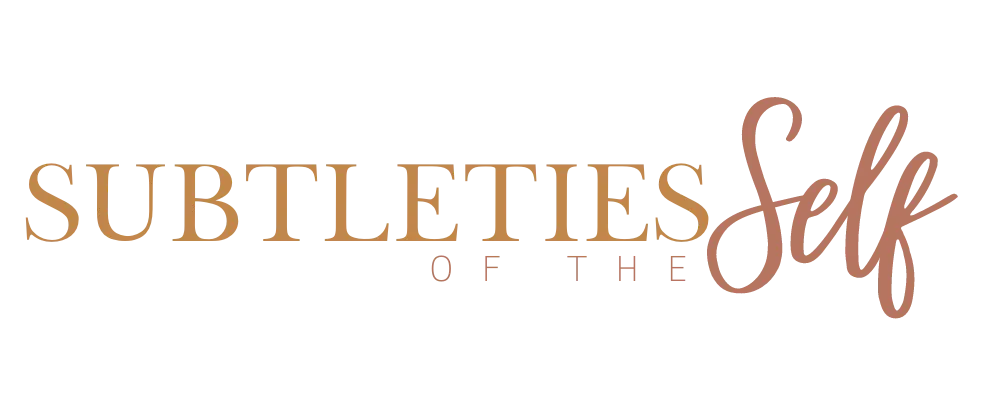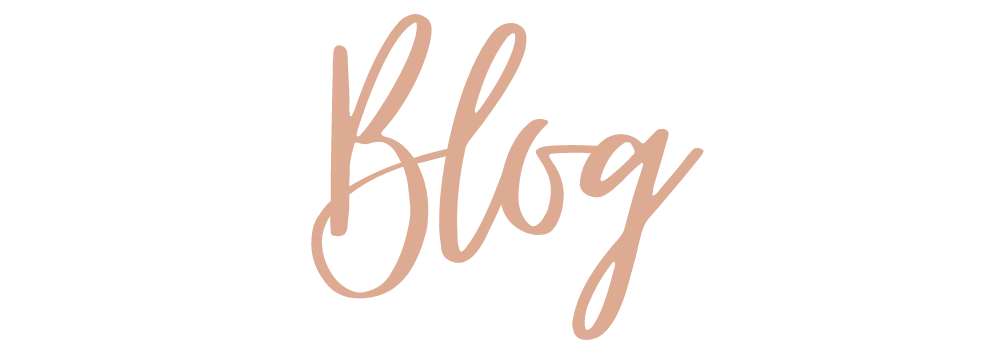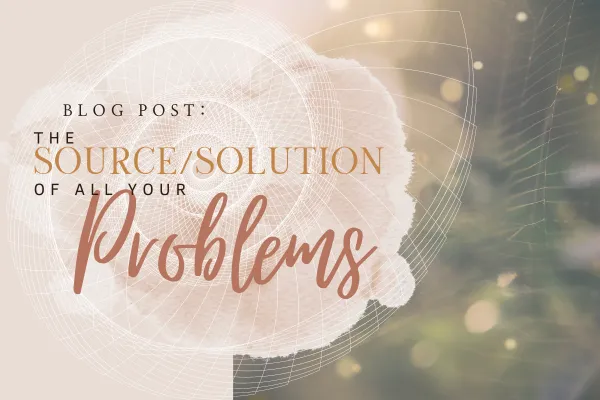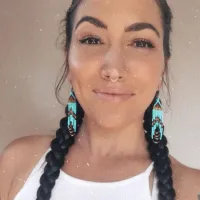




The Source/ Solution of All of Your Problems
The Source of/Solution to ALL of Your Problems
I was having a conversation with a friend the other day who was concerned that she wouldn't be capable of resolving an issue with a loved one who had recently passed away. So often, we have a subconscious belief that we need to involve the other person in our healing process, when actually the conflict is IN us, not external to us.
Healing from the wounds inflicted by others does not necessitate the direct involvement of the individuals who wronged us, as the crux of the conflict resides within ourselves. The journey towards inner peace and resolution lies in our ability to confront and untangle the internal turmoil generated by the perceived wrongdoing (which is a reaction within us to the sensations evoked in us by the interaction/s with the other person).
It's an empowering realization that the key to healing rests not in the actions or acknowledgment of those who wronged us, but rather in our capacity to cultivate self-awareness and belief that we can undo the internal thing that is causing us to hold condemnation inside of us. By acknowledging and understanding our own emotional responses and patterns, we can gradually dismantle the internal conflict that holds us captive. This process is one of self-empowerment, allowing us to reclaim control over our emotional well-being and fostering a sense of liberation.
Healing, then, becomes a truly sovereign personal journey, independent of external validation or involvement, as we learn to navigate our internal landscapes and emerge stronger, wiser, and more at peace with ourselves.
Achieving healing without the active involvement of those who wronged us requires a profound commitment to accountability, responsibility, and the conscious choice to make our healing an endeavor toward sovereignty. Accountability involves acknowledging the impact of the past, both the actions of others and our own reactions, without assigning blame or expecting external validation. It requires us to take ownership of our emotional responses and recognize that our healing journey is ultimately our own responsibility. Taking responsibility means understanding that we have the power to shape our emotional landscape and make choices that contribute to our well-being. By recognizing our agency, we reclaim control over our narrative and refuse to be defined solely by the actions of others. We realize and believe that life happens THROUGH us, not TO us.
The choice to make healing sovereign emphasizes that our well-being is a personal commitment, and we have the autonomy to set the terms and pace of our recovery. This self-directed approach empowers us to transform pain into power, gradually releasing the grip of past wounds and fostering a sense of inner strength and freedom. In essence, by embracing accountability, taking responsibility, and making healing a sovereign choice, we embark on a transformative journey toward self-discovery and emotional liberation.
In other words: you've got this. :)

The Source/ Solution of All of Your Problems
The Source of/Solution to ALL of Your Problems
I was having a conversation with a friend the other day who was concerned that she wouldn't be capable of resolving an issue with a loved one who had recently passed away. So often, we have a subconscious belief that we need to involve the other person in our healing process, when actually the conflict is IN us, not external to us.
Healing from the wounds inflicted by others does not necessitate the direct involvement of the individuals who wronged us, as the crux of the conflict resides within ourselves. The journey towards inner peace and resolution lies in our ability to confront and untangle the internal turmoil generated by the perceived wrongdoing (which is a reaction within us to the sensations evoked in us by the interaction/s with the other person).
It's an empowering realization that the key to healing rests not in the actions or acknowledgment of those who wronged us, but rather in our capacity to cultivate self-awareness and belief that we can undo the internal thing that is causing us to hold condemnation inside of us. By acknowledging and understanding our own emotional responses and patterns, we can gradually dismantle the internal conflict that holds us captive. This process is one of self-empowerment, allowing us to reclaim control over our emotional well-being and fostering a sense of liberation.
Healing, then, becomes a truly sovereign personal journey, independent of external validation or involvement, as we learn to navigate our internal landscapes and emerge stronger, wiser, and more at peace with ourselves.
Achieving healing without the active involvement of those who wronged us requires a profound commitment to accountability, responsibility, and the conscious choice to make our healing an endeavor toward sovereignty. Accountability involves acknowledging the impact of the past, both the actions of others and our own reactions, without assigning blame or expecting external validation. It requires us to take ownership of our emotional responses and recognize that our healing journey is ultimately our own responsibility. Taking responsibility means understanding that we have the power to shape our emotional landscape and make choices that contribute to our well-being. By recognizing our agency, we reclaim control over our narrative and refuse to be defined solely by the actions of others. We realize and believe that life happens THROUGH us, not TO us.
The choice to make healing sovereign emphasizes that our well-being is a personal commitment, and we have the autonomy to set the terms and pace of our recovery. This self-directed approach empowers us to transform pain into power, gradually releasing the grip of past wounds and fostering a sense of inner strength and freedom. In essence, by embracing accountability, taking responsibility, and making healing a sovereign choice, we embark on a transformative journey toward self-discovery and emotional liberation.
In other words: you've got this. :)
